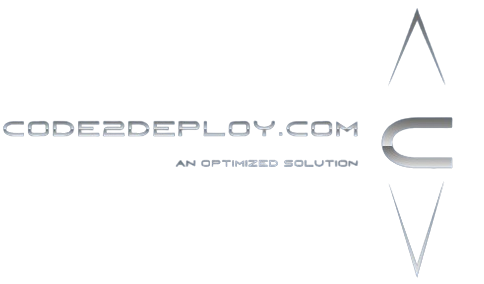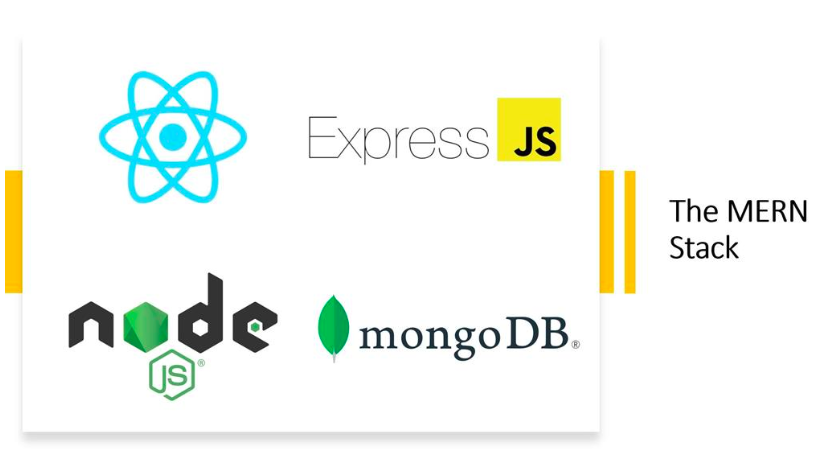In the dynamic world of web development, staying ahead of the curve is paramount. Enter the MERN stack – a cutting-edge technology stack that has revolutionized the way developers build web applications. Comprised of MongoDB, Express.js, React.js, and Node.js, the MERN stack offers a powerful combination of tools and frameworks that enable developers to create highly scalable, dynamic, and feature-rich web applications with ease.
MongoDB: The Flexible NoSQL Database
At the heart of the MERN stack lies MongoDB, a powerful NoSQL database known for its flexibility and scalability. MongoDB’s document-oriented data model allows developers to store data in JSON-like documents, making it ideal for handling large volumes of data and accommodating evolving application requirements.
Express.js: Simplifying Server-Side Development
Express.js, a minimalist web application framework for Node.js, seamlessly integrates into the MERN stack as the backend component. With its lightweight and unopinionated nature, Express.js simplifies server-side development, providing developers with the flexibility to design APIs and handle HTTP requests with ease.
React.js: Building Dynamic User Interfaces
React.js, a JavaScript library for building user interfaces, serves as the frontend component of the MERN stack. Renowned for its declarative and component-based approach, React.js enables developers to create highly interactive and dynamic user interfaces with reusable components, facilitating a seamless user experience.
Node.js: Powering Scalable Server-Side Applications
Completing the quartet is Node.js, a JavaScript runtime built on Chrome’s V8 JavaScript engine. Node.js serves as the runtime environment for server-side JavaScript execution in the MERN stack, allowing developers to build scalable and high-performance web applications with real-time capabilities.
Leveraging Additional Tools and Libraries
In addition to the core components of the MERN stack, developers leverage a plethora of tools and libraries to enhance productivity and streamline development:
- npm (Node Package Manager): npm provides a vast ecosystem of packages and modules that developers can use to extend the functionality of their MERN stack applications.
- Webpack: Webpack is a module bundler that enables developers to bundle JavaScript, CSS, and other assets for deployment, optimizing performance and improving load times.
- Babel: Babel is a JavaScript compiler that allows developers to use the latest ECMAScript features and syntax, ensuring cross-browser compatibility and future-proofing MERN stack applications.
- Redux: Redux is a predictable state container for JavaScript applications, commonly used with React.js to manage application state and simplify data flow.
Embracing Innovation with the MERN Stack
The MERN stack empowers developers to embrace innovation and build modern web applications that meet the evolving needs of users and businesses alike. By combining the power of MongoDB, Express.js, React.js, and Node.js with a rich ecosystem of tools and libraries, developers can create highly scalable, performant, and dynamic web applications that redefine the digital landscape.
Whether you’re building a simple website, a complex web application, or a real-time data-intensive application, the MERN stack provides the flexibility, scalability, and versatility needed to turn your ideas into reality. Join the ranks of innovators harnessing the power of the MERN stack and unlock endless possibilities in modern web development.

